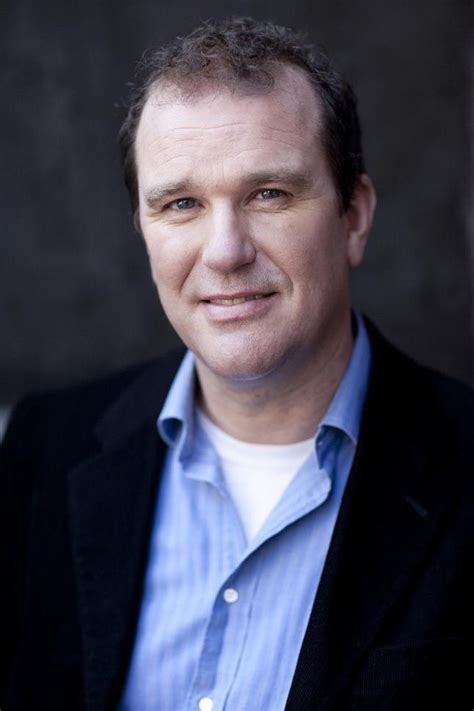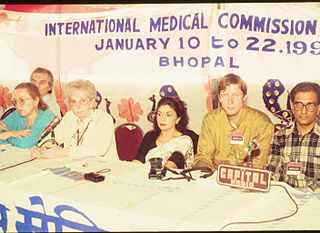Top 1200 Performance Review Quotes & Sayings
Explore popular Performance Review quotes.
Last updated on April 18, 2025.
Motion capture is exactly what it says: it's physical moves, whereas performance capture is the entire performance - including your facial performance. If you're doing, say, martial arts for a video game, that is motion capture. This is basically another way of recording an actor's performance: audio, facial and physical.
Incidentally, the very, very first review that James Lavelle and I saw of Endtroducing was very negative! It was in The Wire, and the context of the review was that, you know, Mo'Wax was so far behind Ninja Tune. Heheheh. And people wonder why there was this sense of a feud between labels! We just kind of looked at each other and we were like, 'Oh, well, let the floodgates open!' But, not to be facile, that was literally the last bad review I ever saw for that album.
My main qualm about TV criticism has been when people review TV the way they review movies. They watch the pilot, and write a definitive review of the show. The obvious analogy is that you don't read the first eight pages of a book and then talk about whether the book works or not. People want so desperately in this day and age to declare something thumbs-up or thumbs-down that they declare it immediately.
One thing I noticed over time is that if I got a bad review, usually the bad part of it was at the very end. I could tell that nobody read the whole review because they would just say, "It was great to see the review!" In a way, my brain shuts down at the end of an article. It doesn't really want to go to the end.
























































